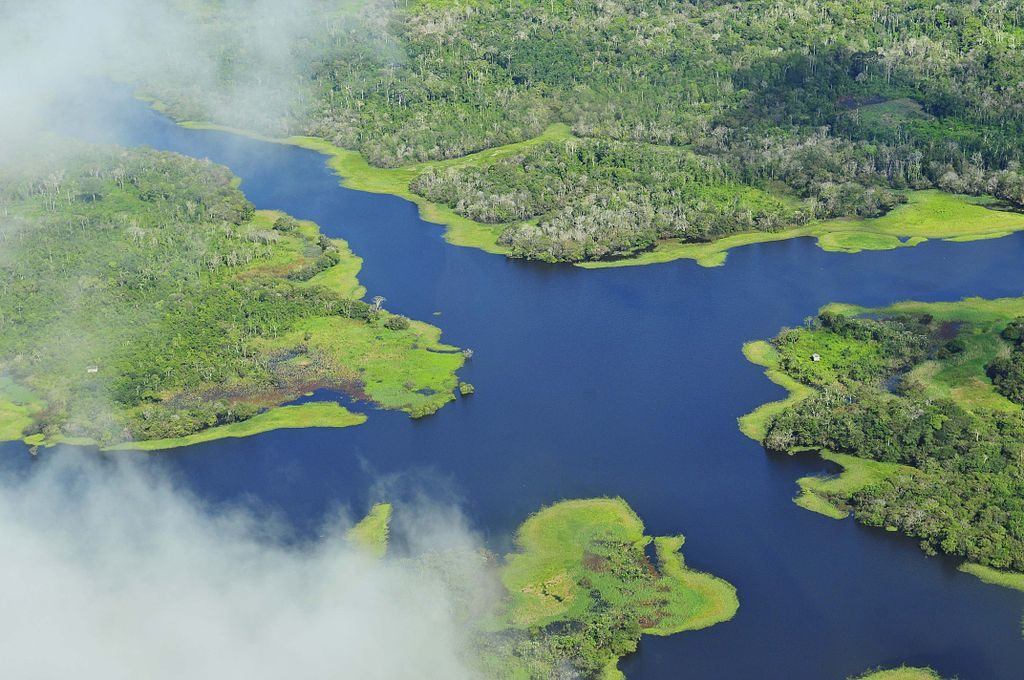Brazil President says Amazon rainforest reserve should be opened to mining

Brazilian President Jair Bolsonaro said on Friday the country could open a vast reserve in the Amazon rainforest to mining, a move attempted by his predecessor that was quickly rescinded following an international environmental outcry.
The National Reserve of Copper and Associates (Renca) occupies roughly 17,800 square miles (46,100 square kilometers), an area slightly larger than Denmark, that is thought to be rich in gold, copper, iron ore and other minerals.
“Let’s talk about Renca. Renca is ours,” Bolsonaro said at a televised event in northern Amapá state, home to part of the reserve.
The National Reserve of Copper and Associates (Renca) occupies roughly 17,800 square miles and is thought to be rich in gold, copper, iron ore and other minerals
“Let’s use the riches that God gave us for the well-being of our population,” Bolsonaro said. “You won’t get any trouble from the Environment Ministry, nor the Mines and Energy Ministry nor any other because our ministries, for the first time in the Republic, all understand and speak the same language: A better Brazil for all of us.”
Mining has been off limits in the Renca, located in the northern states of Pará and Amapá, since it was established in 1984 to protect against perceived threats from foreign miners.
The reserve was established by a presidential decree and therefore can be revoked by the president without Congressional approval.
Bolsonaro’s predecessor, Michel Temer, abolished the reserve in 2017, only to reinstate it the following month after an international backlash from environmentalists who said it would lead to a spike in deforestation.
“Brazil already had the chance to express its views on the opening of Renca to development, and public opinion was not favorable,” said Adriana Ramos, legal and policy adviser at the Brazilian nongovernmental organization Instituto Socioambiental (ISA), in a statement.
“But the government prefers to announce controversial and outdated initiatives instead of new ideas for sustainable development in the Amazon,” she said.
The Amazon, about 60% of which lies in Brazil, is the world’s largest tropical rainforest. It is a bulwark against global warming and is sometimes called the “lungs of the world” because of the vast amounts of carbon dioxide its trees absorb.
(Reporting by Pedro Fonseca Writing by Jake Spring Editing by Bill Berkrot)
{{ commodity.name }}
{{ post.title }}
{{ post.date }}




Comments